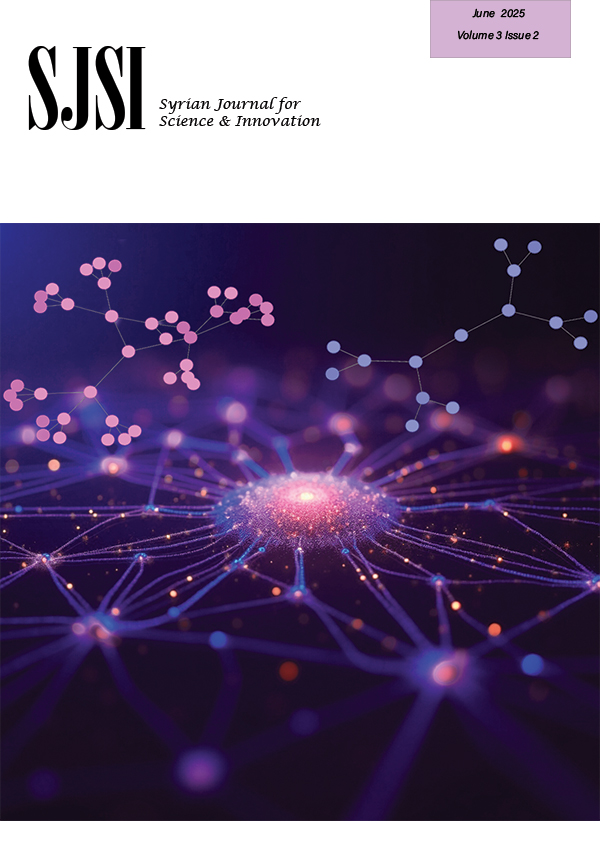Hybrid intelligence: Fact or Fiction?
2024-07-18 | volume 2 Issue 2 - Volume 2 | News |For many years, scientists have been developing ways to create biological computers using brain like tissue, or brain organoids, grown in the laboratory and connected to computer chips. The ultimate goal is to create a type of hybrid intelligence, a potentially conscious entity capable of harnessing the strengths of both the human brain and artificial intelligence. Recently, they were able to connect organisms to computer chips in a meaningful way. In 2013, scientists grew the first mini-brain in a test tube, and since then, more research has combined these lab-grown brains with electronics. “Brain-computer interface on a chip is a technology that uses a laboratory-grown “brain” (such as brain organoids) coupled to an electrode chip to achieve information interaction with the outside world through encoding, decoding, and stimulus feedback. Although artificial brains capable of walking and talking are still far in the future, brain organoids will likely be a blessing to those with neurological conditions. Similar to how other brain-based interfaces (such as Neuralink’s brain-computer interface) aim to improve the lives of individuals with neurological disorders, it is also possible to graft these brain organoids onto living tissue in the brain to stimulate neuronal growth. So, while the debate still rages over whether the future will be built with human creativity or artificial intelligence, scientists are bringing these two worlds of intelligence closer than ever before.
(ISSN - Online)
2959-8591

